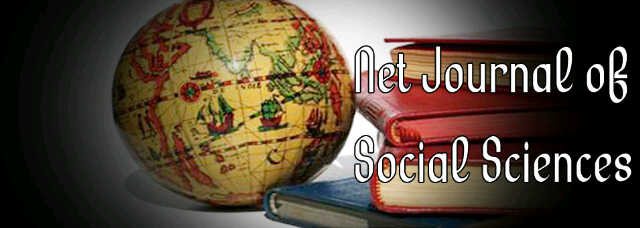Assessment of the right to personal liberty under Nigeria’s democracy: 1999 - 2013
Innocent Okoronye and Matthew Okiri OkeyimNet Journal of Social Sciences
Published: October 18 2013
Volume 1, Issue 2
Pages 40-46
Abstract
Democracy is a means for the people to choose their leaders and to hold them accountable for their policies and conduct in life. Personal liberty is the ability to live without undue interference from government and fellow citizens and the capacity to choose between good and evil. Democracy ordinarily should enhance personal liberty. In this paper, we examined the extent to which the right to personal liberty has been respected in Nigeria between 1999 and 2013. This study also considered the dangers and national development implications of abuse of the right to personal liberty in Nigeria’s developing economy and struggling democracy. Data was collected and analysed using the secondary sources of data collection. The finding is that notwithstanding the restoration of democratic rule in Nigeria since 1999 cases of unlawful detentions by the police, the military and vigilante groups as well as long period of detentions in the prisons abound in Nigeria. Consequently, a number of legal and institutional reforms were recommended. The recommendations include the reform of the Nigeria Police Force and the Courts, abolition of Vigilante Groups, and ensuring that police officers are held accountable for acts of impurity and human rights violations committed by them.
Keywords: Personal liberty, democracy, national development, human rights.
Full Text PDF
